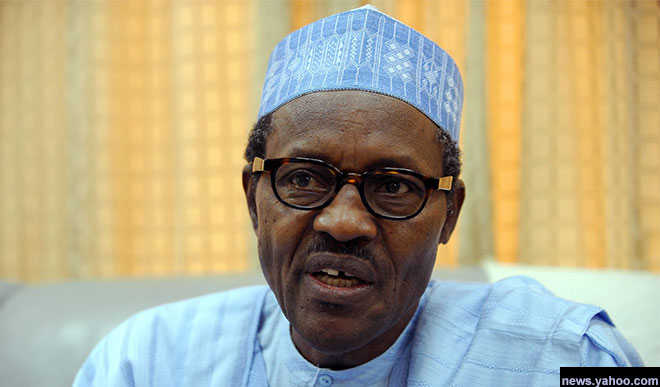
That President Muhammadu Buhari’s concern with power is genuine is beyond doubt. And I mean power as the provision of electricity. Not political power, though I believe that even he, like many other Nigerians, appreciates the link between the two types of power, the electric and the political. In fact, electric power is such an essential need, rivalling petrol in the Nigerian system, that not to be concerned with making it readily available to the Nigerian people as a leader could seriously jeopardise one’s electoral fortunes. Need I buttress this by recalling how the seeming inability of former President Goodluck Jonathan to keep its promise to provide regular electricity to Nigerians became one of the major campaign issues raised against him in the 2015 presidential elections that brought President Buhari to power?
Thus, it was not surprising that, right from his inaugural speech, President Buhari identified power as one of the four cardinal concerns for his administration, together with corruption, insecurity and fuel scarcity. “At home we face enormous challenges,” he admitted in that epochal speech delivered on May 29, 2015. “Insecurity, pervasive corruption, the hitherto unending and seemingly impossible fuel and power shortages are the immediate concerns. We are going to tackle them head on.”
The fact, however, is that even with this vow to tackle these problems “head on,” the power challenges have lingered 10 months into the Buhari administration, despite recent improvements in power generation and supply witnessed under his administration.
So it was not surprising that during the National Economic Council retreat held in Abuja on March 21, 2016, President Buhari, represented by Vice President Yemi Osinbajo, would reiterate his administration’s concern with power.
At the later event, the President began by acknowledging that “Nigerians’ favourite talking point and butt of jokes is the power situation in our country,” and then admitting that “it is no longer a laughing matter.” Then he made a vow: “We must and by the grace of God we will put things right.” And then benchmarked the vow: “In the three years left for this administration we have given ourselves the target of 10,000 megawatts distributable power. In 2016 alone, we intend to add 2,000 megawatts to the national grid.”
Mr. President also identified privatisation as an issue in his ensuing litany of concerns. “This sector,” meaning the power sector – “has been privatised but has yet to show any improvement in the quality of service,” he further stated, and then revealed, “We are facing the classic dilemma of privatization: Public interest Vs Profit Motive,” and then gave the assurance that, “Having started, we must complete the process.”
He also identified other issues undermining progress in the sector, their causes and their negative impacts as “Constant power cuts destroying economic activity and affecting quality of life,” “High electricity bills despite power cuts,” “Low supply of gas to power plants due to vandalisation by terrorists,” “Obsolete power distribution equipment such as transformers,” “Power fluctuations, which damage manufacturing equipment and household appliances,” “Low voltage which cannot run industrial machinery.”
And in a near-summary in which he invokes God for the second time in the short speech – this time by his Islamic name – he said: “These are some of the problems, which defied successive governments. In our determination to change we must and will, insha Allah, put a stop to power shortages.”
President Buhari’s concern with power couldn’t have been reiterated more passionately or convincingly.
However, there are problems arising from the President’s words which require critical attention.
First, his promise to add 2,000 megawatts to the national grid in 2016 alone does not clarify to what baseline generation value the addition would be made. Is it to the 4,387 megawatts the generation value reportedly rose to by May 5, 2016, or to the 3,857.4 megawatts peak generation value on the day of the retreat?
Clearly, it wouldn’t be progress if, for instance, we add 2,000 to the 2,035 megawatts to which the generation value reportedly dropped on March 27, 2016, which would amount to a total of 4,035 megawatts, given that our generation output had hit a record 5,074 megawatts on February 2, 2016, under the Buhari administration.
Incidentally, what the President has promised to provide more or less as baseline “distributable power” in the three years left of his administration, being 10,000 megawatts, is unambiguous.
In fact, President Buhari’s real concern should be how to improve on past success and make it sustainable. I believe he can achieve this if he applies the right remedies to the current problems he identified in the power sector at the retreat, about which he was largely right. And while he seeks to apply those remedies, we must continue to support him, wish him good luck, and exercise patience with him.
Oke, can be reached at [email protected]; Tel: +234-803-453-1501

 Join Daily Trust WhatsApp Community For Quick Access To News and Happenings Around You.
Join Daily Trust WhatsApp Community For Quick Access To News and Happenings Around You.



